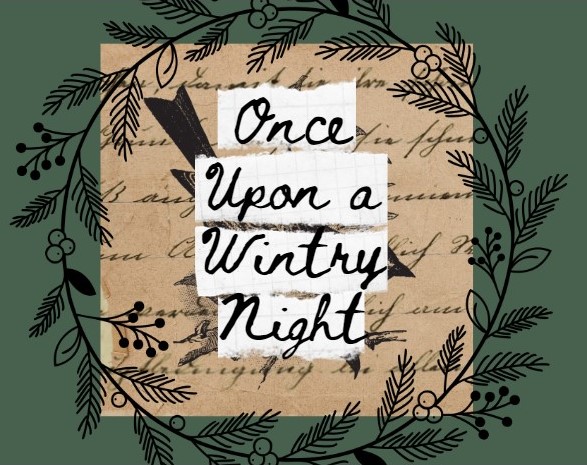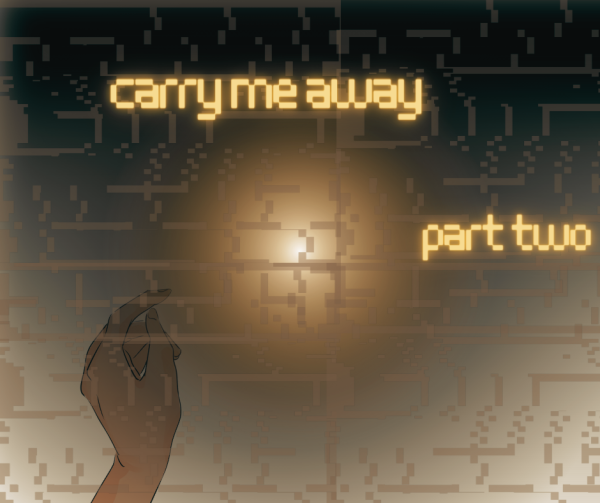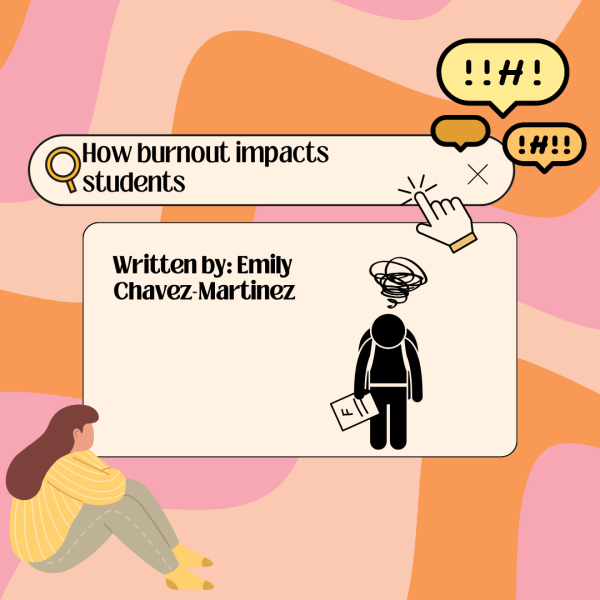My Favorite Poems
2021 was awful. I speak for a lot of people when I say it wasn’t very swaggy. So today I’m here to share some of my favorite poems that I relate to. Poetry and writing for me, as well as others, is a good way to vent. Please enjoy.
3. “The Raven” by Edgar Allan Poe
“Be that word our sign of parting, bird or fiend!” I shrieked, upstarting—
“Get thee back into the tempest and the Night’s Plutonian shore!
Leave no black plume as a token of that lie thy soul hath spoken!
Leave my loneliness unbroken!—quit the bust above my door!
Take thy beak from out my heart, and take thy form from off my door!”
Quoth the Raven “Nevermore.”
I really enjoy this poem, as I feel Edgar Allan Poe very much captures a familiar emotion: Grief. The emotion grief is not always physically scaring, but it is always emotionally scaring. The battle of Grief is portrayed in each paragraph, as the author states: “Quoth the Raven “Nevermore.”
2. “I Died for Beauty” by Emily Dickinson
“I died for beauty, but was scarce
Adjusted in the tomb,
When one who died for truth was lain
In an adjoining room.
He questioned softly why I failed?
“For beauty,” I replied.
“And I for truth, -the two are one; We brethren are,” he said…”
I believe this one is a masterpiece, as the author shows an interaction between two corpses who died: One for beauty and one for truth. Each one explores themselves, as they are like “brethren:” Both having the moss cover up their names, so they may no longer share their stories.
1. “Sun of the Sleepless” by Lord Byron
Sun of the Sleepless! melancholy star!
Whose tearful beam glows tremulously far,
That show’st the darkness thou canst not dispel,
How like art thou to Joy remembered well!
So gleams the past, the light of other days,
Which shines but warms not with its powerless rays:
A night-beam Sorrow watcheth to behold,
Distinct, but distant – clear – but, oh, how cold!
My absolute #1 favorite poem of all time. I adore poems divided into abab rhythms, as they are very simple. In the second stanza, Byron makes a little Easter egg to Dante’s inferno, where Francesca of Rimini says:
And she said to me: No grief greater
Than remembering joyous time
In misery; and your master knows this.
In the second stanza as well, Byron indicates that the moonlight we see in the day is the remainder of days gone by: Bright and powerless. “Distinct but distant..” describes the adjectives of the moon.
I hope this all made your days in 2022 much better. And remember this: “We have to keep breathing. Tomorrow the sun will rise, and who knows what the tide will bring.” -Chuck Noland, Cast Away
Your donation will support the student journalists of Dakota High School. Your contribution will allow us to purchase equipment and cover our annual website hosting costs.

Kristin Cowden is a senior at Dakota high school. This is her second year writing for the Dakota Planet, and her first year of being the managing editor...













